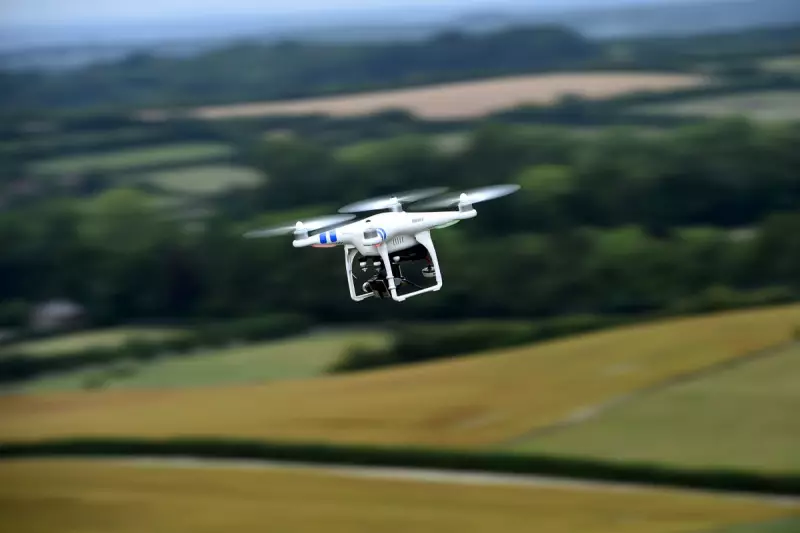
In a significant move to bolster aviation security, German police forces have been granted sweeping new powers to combat the growing threat of unauthorized drones near airports and other critical infrastructure.
The landmark legislation, which came into effect recently, provides law enforcement with advanced capabilities to detect, track, and even assume control of drones flying in restricted airspace. This represents a major escalation in Germany's approach to drone security.
Enhanced Counter-Drone Capabilities
Under the new legal framework, authorities can now employ sophisticated technology to identify drone operators and intercept unmanned aircraft systems. The measures include:
- Real-time detection and monitoring of drone activity
- Advanced systems to locate drone pilots
- Technology to take control of drones and land them safely
- Expanded authority around airports and sensitive locations
The changes follow increasing concerns about drone-related incidents at German airports, including major disruptions at Munich Airport that have highlighted security vulnerabilities.
Addressing Security Vulnerabilities
Aviation security experts have welcomed the new measures, noting that previous regulations left significant gaps in how authorities could respond to drone threats. The ability to actively intervene and neutralize potential drone hazards marks a crucial development in protecting critical infrastructure.
"This legislation represents a necessary evolution in our security capabilities," explained a security analyst familiar with the changes. "Drones present unique challenges that require equally sophisticated countermeasures."
The implementation of these powers comes as drone technology becomes increasingly accessible, raising concerns about both accidental incidents and deliberate misuse near sensitive locations.





